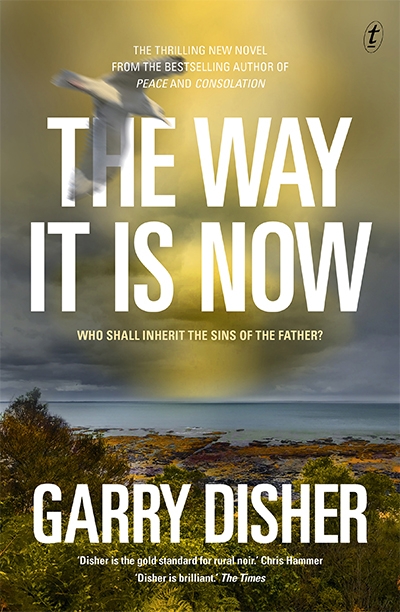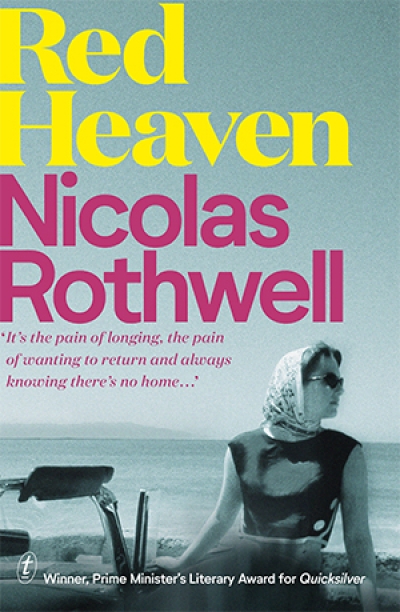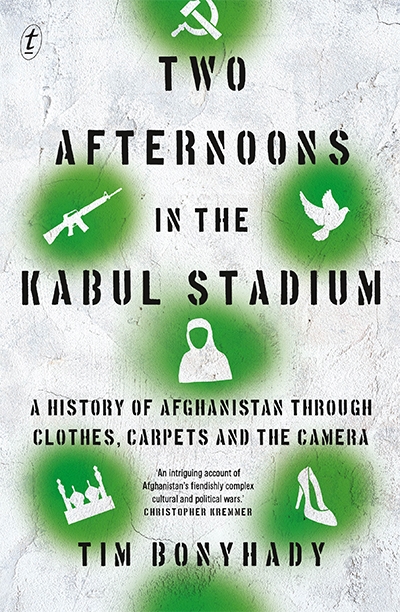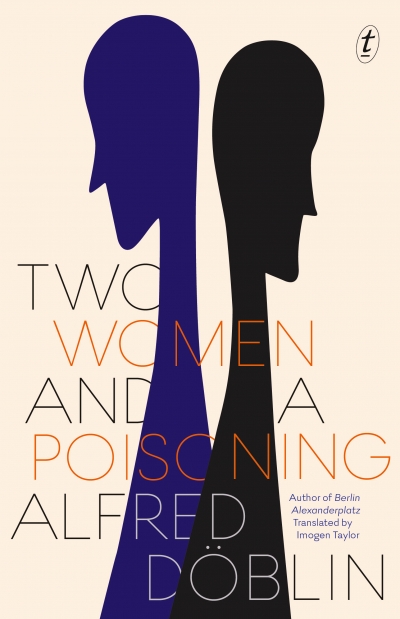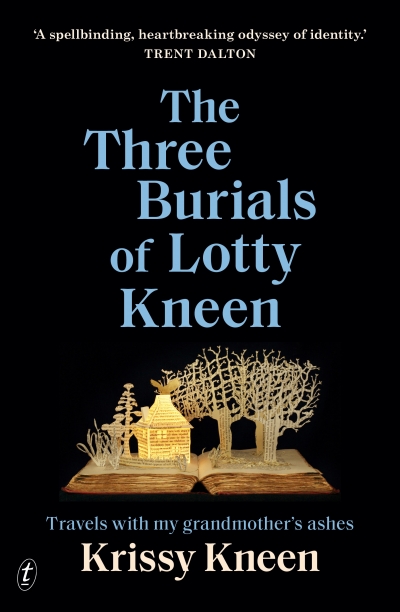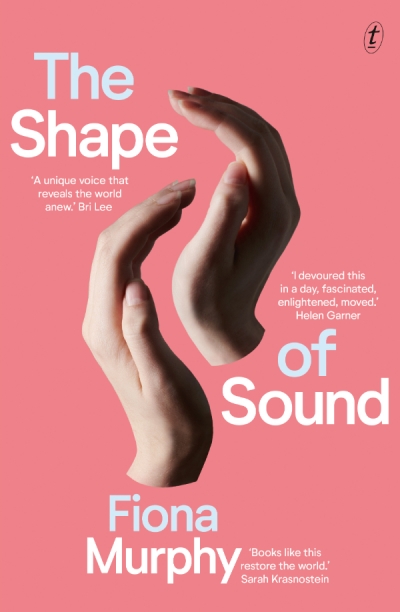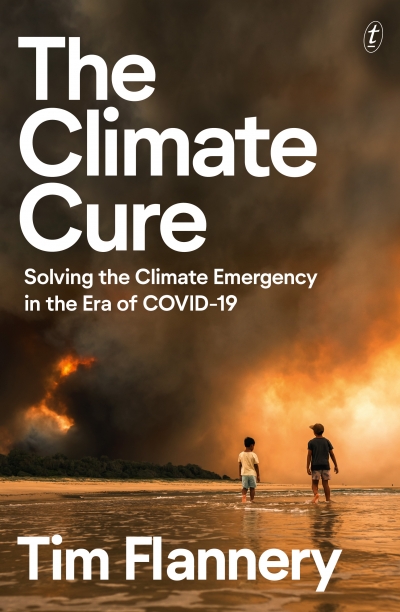Text Publishing
Two Afternoons in the Kabul Stadium: A history of Afghanistan through clothes, carpets and the camera by Tim Bonyhady
By the end of Hugh Breakey’s The Beautiful Fall (Text, $32.99 pb, 349 pp), it is hard to remember that the prologue hinted at stimulating possibilities. In it, Robbie’s past self writes to his present one, explaining that he suffers from recurring amnesia, which strikes every 179 days. Readers could be mistaken for thinking they are in for meditations on time and memory, maybe even on the meaning of a life lived episodically. When it is revealed that Robbie is building an intricate arrangement of 83,790 dominoes in his living room, readers might even imagine a novel that touches on metaphysical themes in the vein of Jorge Luis Borges.
... (read more)Two Women and a Poisoning by Alfred Döblin, translated by Imogen Taylor
The Three Burials of Lotty Kneen: Travels with my grandmother’s ashes by Krissy Kneen
For this reviewer, the sign of a healthy crime-fiction ecosystem isn’t merely the success of the ‘big names’ but also the emergence of writers whose voices are so distinctive as to be singular. Sometimes these writers become commercially successful in their own right, and sometimes they remain literary outliers, drawing their readership from a smaller but avid following. When I think of the health of American crime fiction in the late 1960s and early 1970s, I recall not only the success of Mario Puzo, but also the kind of writing culture that sustained the dark vision of an author such as George V. Higgins. The same goes for Britain in the 1980s, where Dick Francis was still publishing prolifically when Derek Raymond emerged. Turning to twenty-first-century America and the success of writers like Michael Connelly and Karin Slaughter, it’s the rise of Megan Abbott and Richard Price that illustrates the full potential of that culture’s capacity for crime storytelling.
... (read more)To survey concurrent works of art is to take the temperature of a particular time, in a particular place. And the temperature of the time and place in these four début Australian novels? It is searching for a sense of belonging, and, at least in part, it’s coming out of western Sydney in the wake of the 2005 Cronulla riots. All four novels are set in New South Wales, three of them in suburban Sydney. Each is concerned with who is entitled to land and the stories we tell while making ourselves at home in the world, sometimes at the expense of others.
... (read more)
